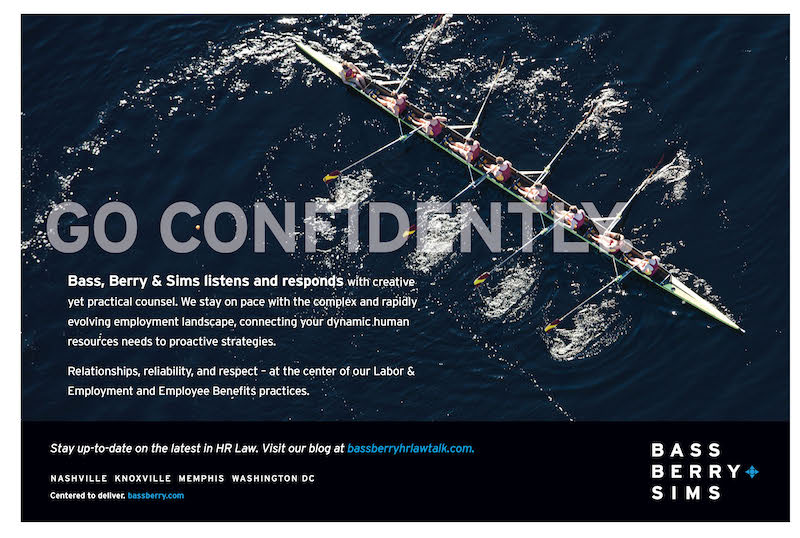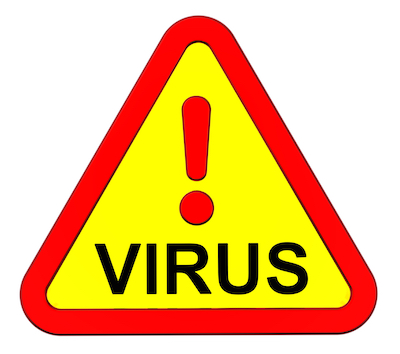On January 30, President Biden announced his intention to end the COVID-19 National Emergency (NE) and Public Health Emergency (PHE) effective May 11, 2023. Both emergency declarations resulted in various forms of relief for employer-sponsored benefit plans, and both have been extended several times since their inception nearly three years ago. While their impact on federal law differs, employee benefit plan sponsors and administrators should take note of the ending emergencies and their associated relief. Below is an overview of the impact that the end of this relief will have on employer-sponsored benefit plans.
COVID-19 National Emergency
In May 2020, the U.S. Department of Labor (DOL) and Internal Revenue Service (IRS) issued joint guidance (https://www.govinfo.gov/content/pkg/FR-2020-05-04/pdf/2020-09399.pdf) to extend, or “toll,” various notices, claims, and election deadlines due to the NE. The Employee Benefits Security Administration (EBSA) Disaster Relief Notice 2021-01 (https://www.dol.gov/agencies/ebsa/employers-and-advisers/plan-administration-and-compliance/disaster-relief/ebsa-disaster-relief-notice-2021-01), issued by the DOL in February 2021, clarified that this tolling period, often referred to as the “Outbreak Period,” runs from March 1, 2020, to the earlier of (a) one year from the date an individual is first eligible for relief from certain ERISA deadlines; or (b) 60 days after the end of the NE.
The following deadlines were extended by the length of the Outbreak Period:
- HIPAA/CHIPRA Special Enrollment
- COBRA Notifications
- COBRA Elections
- COBRA Premium Payments
- Benefit Claims and Appeals
- External Review
We expect the Outbreak Period to end on July 10, 2023 (60 days after the planned end to the NE). At the end of the Outbreak Period, the above-listed deadlines will revert to pre-emergency deadlines. As we approach the end of the Outbreak Period, plan sponsors should consider sending a communication to inform participants about deadline changes. Plan sponsors should also review plan-related documents and participant communications to ensure they reflect accurate deadlines.
COVID-19 Public Health Emergency
Under the Families First Coronavirus Response Act (FFCRA) and the Coronavirus Aid, Relief, and Economic Security (CARES) Act, employer-sponsored group health plans are required to cover COVID-19 testing, vaccines, and related services without cost-sharing. The end of the PHE may permit group health plans and insurers to shift some of these costs to participants. Before the PHE ends on May 11, 2023, group health plans should consider if they will continue offering these services without cost sharing. Any potential change in coverage should be discussed with legal counsel before the change is made to ensure proper participant notices and communications are timely distributed and no issues arise under the Mental Health Parity and Addiction Equity Act.
Final Thoughts
The end of the pandemic mandates applicable to ERISA plans has been a moving target for several years. As we approach the end of the NE and PHE, we urge plan sponsors to:
- Make decisions regarding the coverage of COVID-19 diagnostic testing, vaccines, and related services.
- Update participants on these coverage decisions.
- Inform participants that the extended deadlines will be replaced with pre-emergency deadlines at the end of the Outbreak Period.
- Review all plan-related documents and participant communications to ensure they reflect proper deadlines and coverage information.
If you have any questions about how the end of the COVID-19 emergencies will impact the administration of your plans, please contact a member of our Employee Benefits Practice Group by visiting https://www.bassberry.com/services/employee-benefits-transactions/.
This article was first posted on the Bass, Berry & Sims HR Law Talk Blog on March 7, 2023.

